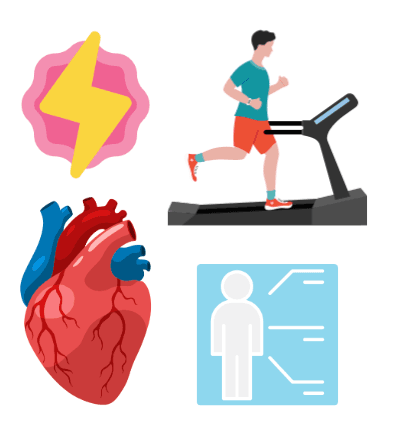Cardiac Transplantation Does Not Improve Exercise Tolerance, Muscle Mass, or Substrate Metabolism in Barth Syndrome

Authors: W Todd Cade, Kathryn L Bohnert, Linda R Peterson, Lisa de Las Fuentes, Emily Poehlein, Cynthia L Green, Christina A Pacak, Barry J Byrne, Dominic N Reeds, Adil Bashir, Brian Feingold, Carolyn Taylor
Journal: JIMD Reports
Heart transplantation in Barth syndrome patients can be a life-saving surgery, but its impact on muscle function outside of the heart is not well understood. BSF’s Scientific and Medical Advisory Board (SMAB) chair Dr. Todd Cade (Duke University School of Medicine) and colleagues recently published a new article on the effects of heart transplants in Barth syndrome patients. In this study, the team looked at differences in exercise tolerance, metabolism, energetics, and body composition in affected individuals with and without a heart transplant and compared them to healthy controls who did not have Barth syndrome or a heart transplant. Participants were invited to a two-day study visit where they performed exercise tests and underwent various assessments to evaluate heart function, skeletal muscle function, body composition, energy production, and metabolism. They found that, regardless of transplant status, individuals with Barth syndrome had decreased exercise tolerance (VO2peak: https://iseh.co.uk/news/latest-news/cardiopulmonary-exercise-testing) compared to healthy participants. Both Barth syndrome groups also had higher plasma lactate, which is a measure of how much lactic acid is in the blood. When the body does not get enough oxygen during exercise, it switches to a backup energy system like lactic acid, which in turn may contribute to further exercise intolerance. Additional tests looking at muscle recovery and how the skeletal muscle makes energy showed no differences between Barth syndrome affected individuals with a heart transplant versus those without one. However, when looking at body composition, there were no statistically significant differences across the groups. These results suggest that heart transplantation in individuals with Barth syndrome does not fix the issues with energy production and usage in skeletal muscle.
Take Home Message: This study found that heart transplant in Barth syndrome patients does not appear to impact or improve exercise tolerance, metabolism, energetics, or body composition. This study further highlights the need for novel treatments and interventions that target the skeletal muscle and underlying cellular abnormalities in Barth syndrome.



